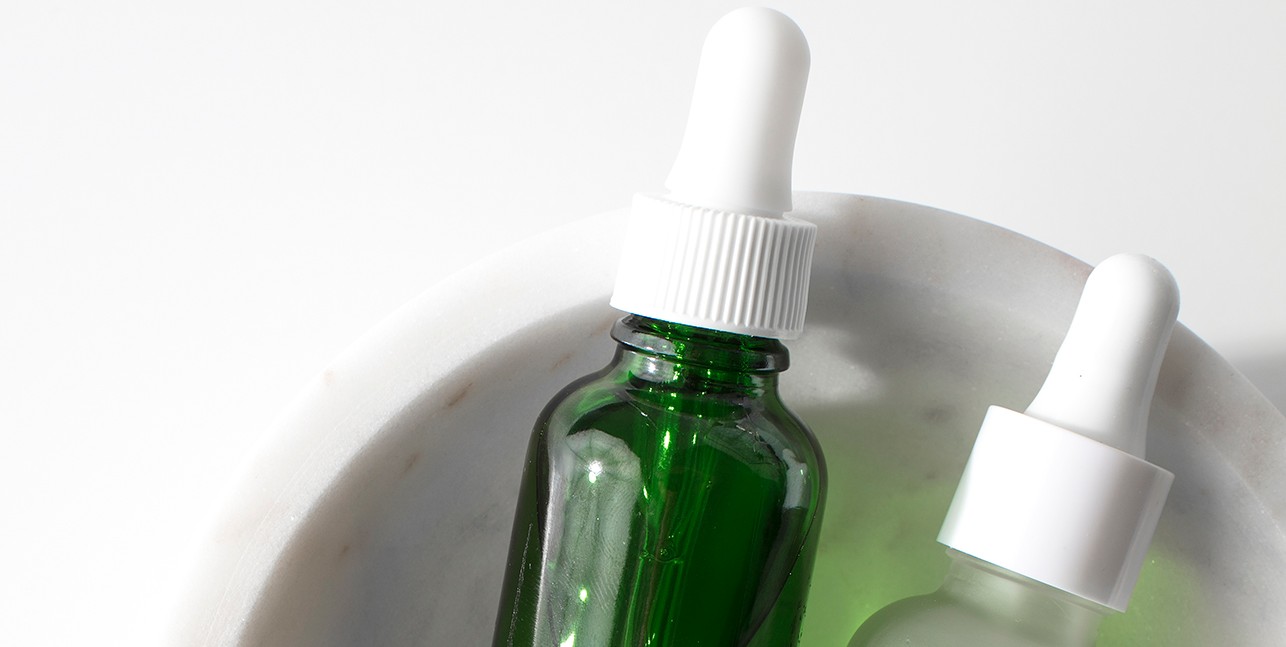Shampoo

Personal care is one of the most toxic categories of household products. Shampoo is no exception. What are you actually lathering into your hair every time you shower and why should you be extra careful about the shampoo you use? In this episode, I’m sharing the top reasons to switch to a clean, paraben-free, formaldehyde-free hair care routine.
Product Recommendations
Vivaio Days
Sources
SUBSCRIBE
Subscribe on iTunes here.
Subscribe on Spotify here.
Subscribe on Google Podcasts here.
Transcript
This past summer, my family was staying at a rental property in the mountains of Colorado. We were there for two months, and as much as I love cleaning living, I just as much hate plastic. So I avoided buying my own bottle of shampoo and used the Pantene Pro-V that was already in the house. Let me tell you, it was a big mistake. In this episode, we’re talking about shampoo.
So for two months, the skin on my back was uncontrollably itchy. Like, I would wake up in the middle of the night in a fit of scratching. At first I thought it was the mountain air drying out my skin but I eventually noticed that the uncontrollable itching would happen any night that I shampooed my hair.
And then it was like, duh, of course this is happening. You’re using Pantene Pro-V.
This is the thing about clean living, you can know that there are toxins in conventional shampoo but tell yourself, “It’s fine… it’s only two months… it’s not going to kill me.” But did I wish I had just purchased the bottle of clean shampoo? Yes, 100 percent.
There are over 15 ingredients to avoid in conventional shampoo but for the purpose of this episode, I’m going to focus on three: parabens, formaldehyde and synthetic fragrances.
Okay, so Parabens. Parabens are used as a preservative to prevent bacteria from growing in a bottle of shampoo. Parabens can mimic the hormone estrogen and have been linked to increased growth of breast cancer cells. They can also affect fertility.
Formaldehyde is a known human carcinogen and has been proven to be absorbed through the skin. It can also cause asthma-like respiratory problems and skin conditions like dermatitis. It’s actually interesting because it wasn’t until I started doing more in depth research for this episode that I remembered spending years in my twenties fighting dermatitis on the base of my scalp. I actually went to my dermatologist a few times because it was so itchy and painful and instead of telling me to switch to a cleaner shampoo, she just prescribed me a steroid shampoo. It honestly wasn’t until I switched from conventional shampoos that the dermatitis went away fully.
And the third one is synthetic fragrances, which you’ll hear me talk about a lot on this podcast, because they’re in so many products, especially in the home and beauty spaces. But products that have “fragrance” on their label can contain thousands of hidden chemicals. Some ingredients in fragranced cosmetic products, like shampoo, can disrupt the reproductive system and cause cancer or asthma.
So, why am I telling you about this? Because I want you to have three reasons to switch from your brand name shampoos. If you need one more, Triclosan is another ingredient in conventional shampoo that was banned from being used in antibacterial soaps in 2016 but is still allowed in toothpaste, shampoos, and deodorants. It’s a chemical antibacterial agent known to cause hormone disruptions, which can lead to cancer and affect fetal development, among other things.
I’m sorry to always be the bearer of bad news, but in this episode’s segment of “this for that” I’m going to encourage you to stop using any shampoo that you grabbed off the shelf of Walgreens unless you know it’s a clean shampoo that doesn’t include any of the ingredients I’ve mentioned and will link to in the show notes.
Some of my favorite clean shampoos to switch to are: Vivaio Days, Evolv (which is what I use right now), John Masters Organics and Avalon Organics. I’ll link to additional product recommendations under the product list at cleanlivingpodcast.com/shampoo
While cleaner shampoo is one of those products that is pricier than conventional, you can often use less of it. If you’re looking for the cheapest option, you can go try going “No Poo.” Our hair is actually self cleaning, meaning it can rid itself of oils on its own — if you want to learn more about that just Google “No Poo” shampoo.
Thanks so much for listening to this episode of The Clean Living Podcast — I’m your host Shannon Lohr. If you learned something today please share this episode with your friend — especially the one you know loves her Herbal Essence shampoo. Here’s to creating a cleaner, more sustainable world for all of us.

